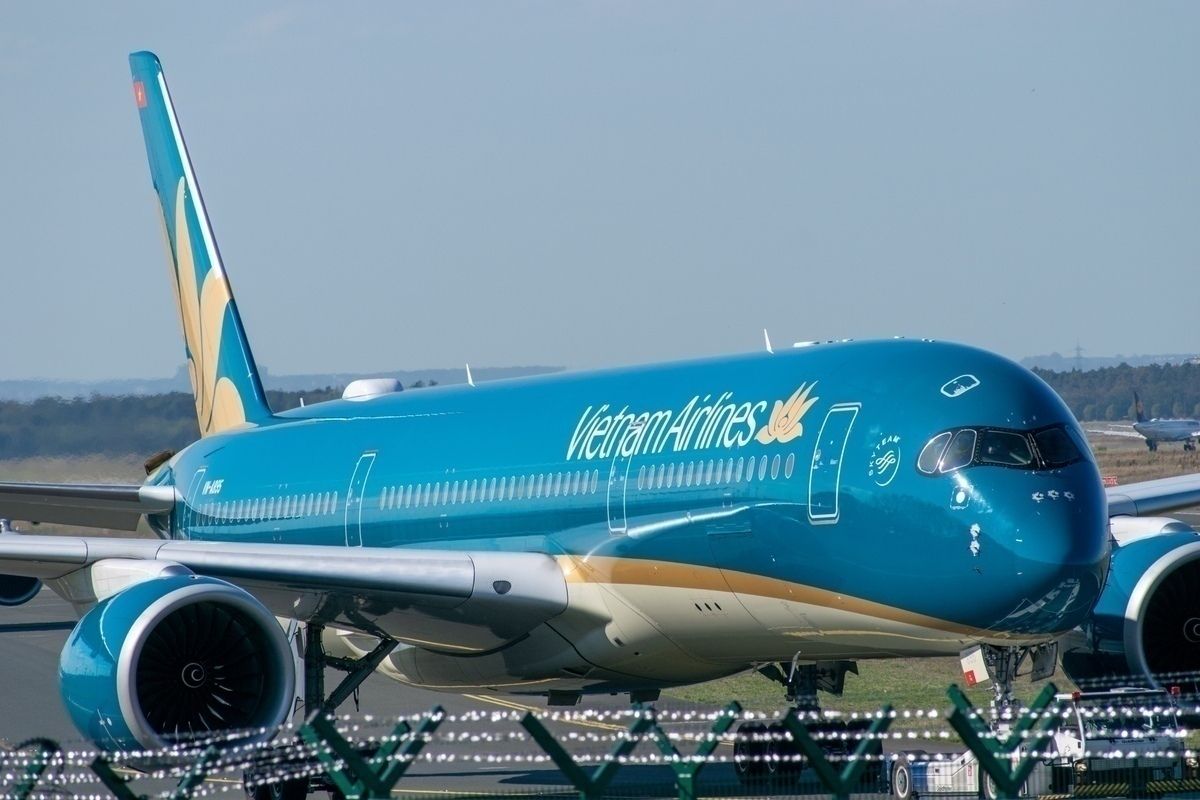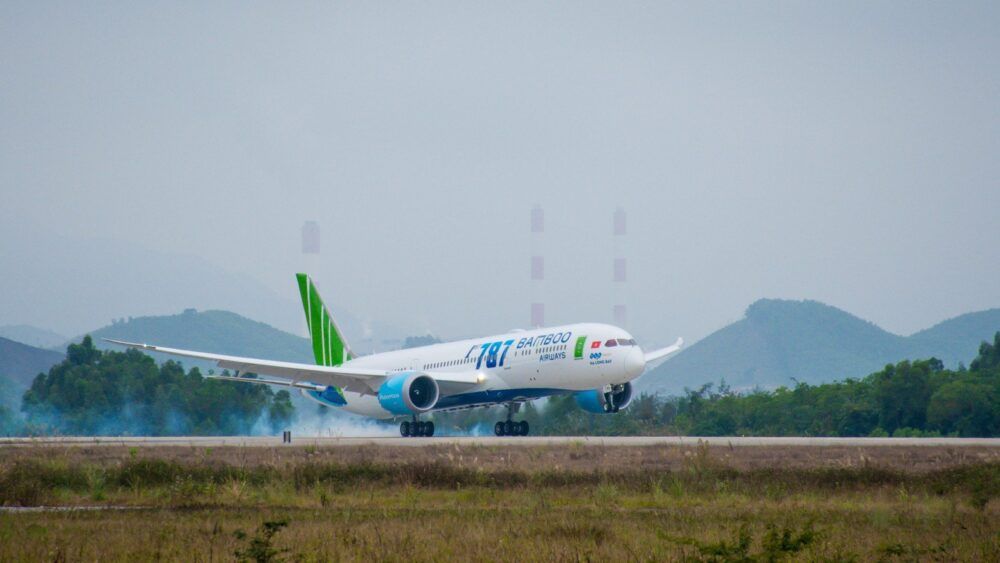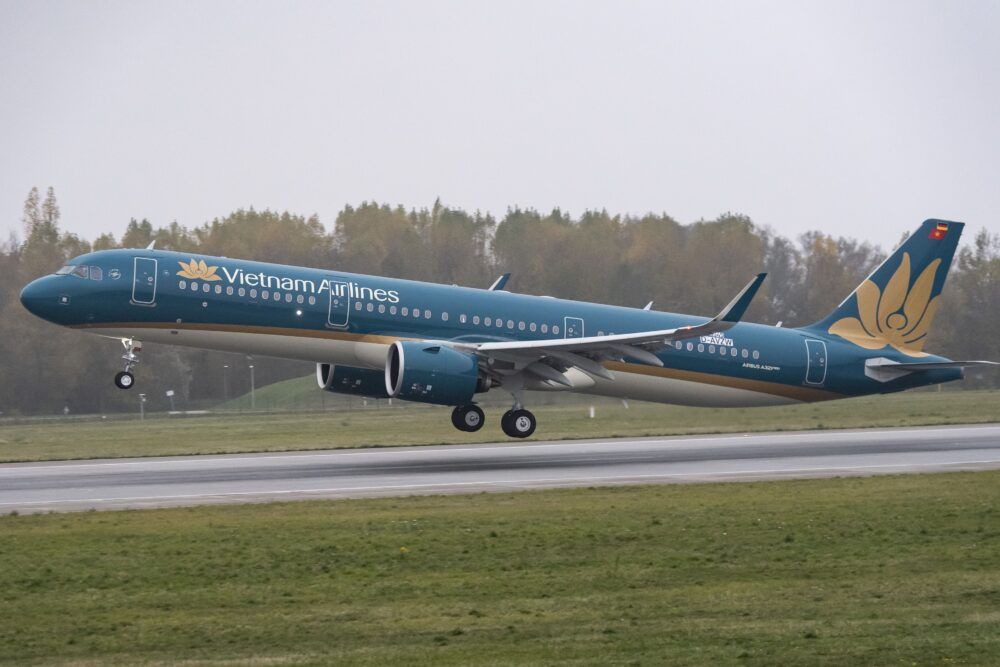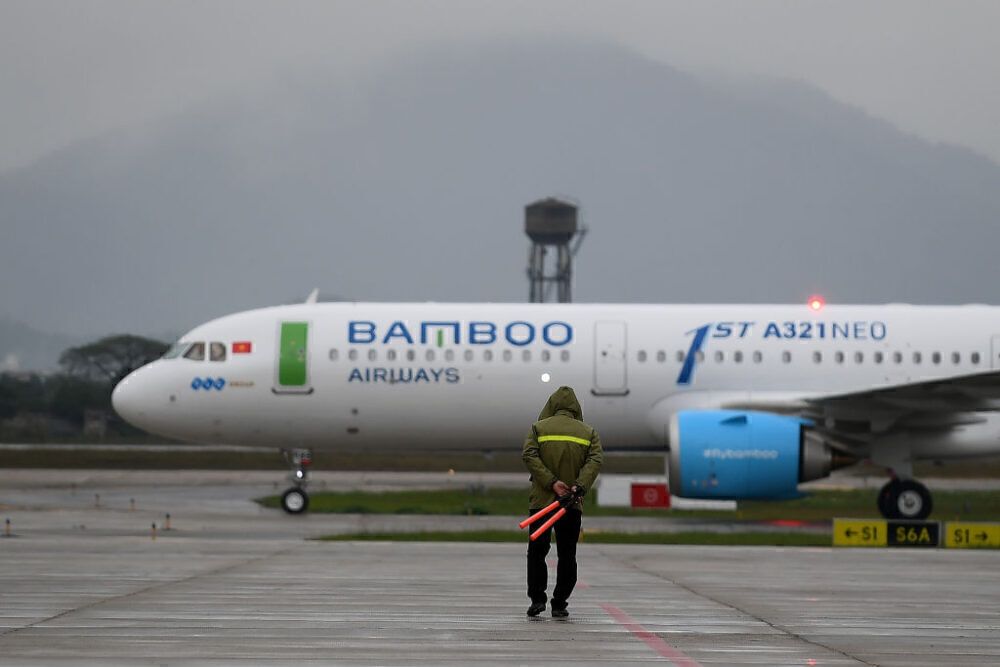As Vietnam battles a rare surge in COVID-19 cases, the government has banned foreign arrivals into Hanoi from Tuesday. The airport will no longer allow inbound travelers, but airlines can still operate departing flights with passengers. The ban will remain in place until at least June 7th. This comes after Ho Chi Minh also stopped receiving foreign arrivals last week.
Banned
According to VnExpress, Noi Bai International Airport, Hanoi, will stop receiving international arrivals from Tuesday. This means that while flights are not banned outright, they may only carry passengers out of Vietnam. The suspension will remain in place until at least June 7th and could be further extended.
With Noi Bai International (Hanoi) and Tan Son Nhat International Airport (Ho Chi Minh) both closing to foreign arrivals, entry into Vietnam has become heavily restricted. Most foreign carriers only fly into these two major hubs, vastly reducing global connectivity from the country.
Stay informed: Sign up for our daily and weekly aviation news digests.
Cases rising
After effectively containing COVID-19 for over a year, Vietnam is facing rising cases once again. While the country has only recorded 7,236 cases in total, a surge from the end of April accounts for more than half of these cases. With roughly 4,000 new cases and 15 deaths in a month, Vietnam is hoping to get a handle on the cases quickly.
The country has previously dealt with clusters of COVID-19 as well, including one in Da Nang in August. However, with the third wave being much larger than the last two combined, Vietnam might need more time to curb the spread of all domestic cases.
Then there is the issue with new variants. According to Reuters, Vietnam has detected a new strain of COVID-19 with characteristics from both the UK and Indian variants. This means this variant is thought to be transmitted much faster and especially by air, making it particularly dangerous. This means the country will be trying its best to contain the variant before it spreads further.
Hopes dashed
Just last month, Vietnam was considering plans to reopen its international borders with vaccine passports. While the country has been successful in keeping local cases at nearly zero for over 12 months, this has come at the cost of international visitors. Currently, only Vietnamese citizens and select foreigners can enter the country, where they undergo a 21-day (previously 14 days) quarantine in a government facility.
However, this latest wave means that any reopening has been delayed for the foreseeable future. With high cases and new variants, the country is focusing on battling the cases within its borders before allowing more international arrivals of any kind.
What do you think about Vietnam's decision to stop international arrivals? Let us know in the comments.




